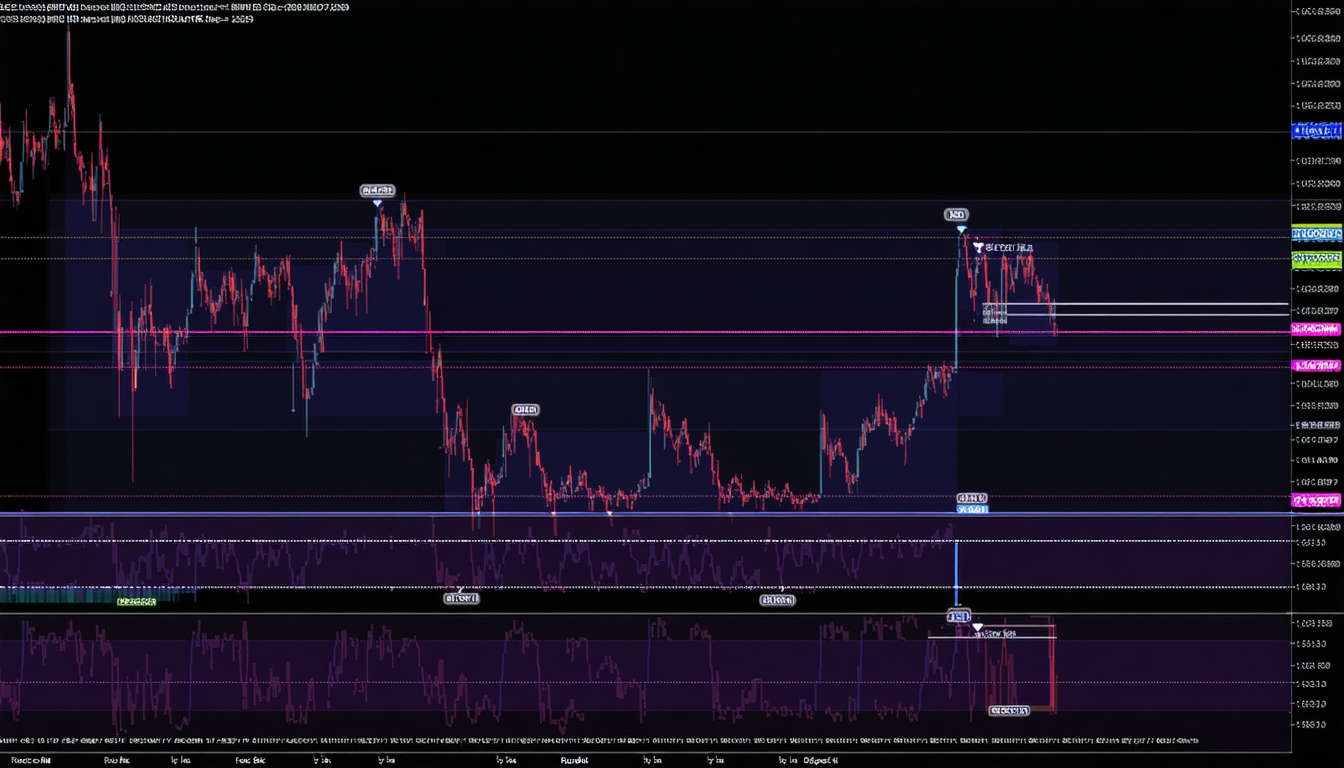The United Kingdom is poised to make significant moves in the crypto coin sector amid sweeping regulatory changes worldwide. As global markets react to new US stablecoin laws and Bitcoin hits record highs, UK authorities are considering a landmark sale of over £5 billion in seized Bitcoin to address budget shortfalls. The developments come at a pivotal moment for digital assets, with policymakers, investors, and industry leaders closely watching how these shifts will reshape the future of finance.
Regulatory Shifts Reshape Crypto Coin Landscape
The crypto coin market has entered a new era following major legislative action in the United States. Last week, President Trump signed the GENIUS Act into law, introducing strict requirements for stablecoins—digital tokens pegged to fiat currencies like the US dollar. The law mandates that all stablecoins be fully backed by liquid assets such as dollars or Treasury bills and requires issuers to disclose their reserves monthly.
Industry experts believe this move could legitimize stablecoins further and accelerate their adoption among banks, retailers, and consumers seeking instant payments. According to Standard Chartered Bank projections, the global stablecoin market could surge from its current $260 billion valuation to $2 trillion by 2028 under these new rules.
However, not all voices are supportive. Some lawmakers warn that tighter regulation may pave the way for government-controlled digital currencies or increased surveillance over financial transactions—a concern echoed on both sides of the Atlantic.
UK’s Strategic Response: Seized Crypto Coin Sale
Against this backdrop of international change, UK officials are weighing a bold step: selling more than £5 billion worth of seized Bitcoin from criminal investigations. This unprecedented move aims to help plug gaps in public finances while demonstrating regulatory leadership within Europe’s fast-evolving digital asset space.
A senior Treasury official stated last week that “the secure liquidation framework under consideration would set an international benchmark for transparency and accountability.” The plan involves close coordination with law enforcement agencies and leading cryptocurrency exchanges to ensure compliance with anti-money laundering standards throughout every stage of asset disposal.
Market analysts say such a sale could have ripple effects across both domestic markets and global prices if executed swiftly:
- It would reinforce London’s reputation as a hub for regulated crypto coin activity.
- It may provide much-needed liquidity during periods of heightened volatility.
- It signals growing acceptance among governments that cryptocurrencies can play constructive roles beyond speculation or illicit finance.
Market Volatility Meets Institutional Demand
Recent weeks have seen dramatic swings across major cryptocurrencies—most notably Bitcoin—which surged past $123,000 before experiencing sharp profit-taking by large holders known as “whales.” On-chain data shows whale-to-exchange transfers reaching their highest levels this year as investors lock in gains after months of steady appreciation.
Despite warnings from veteran investor Robert Kiyosaki about potential market corrections ahead (“Not even Bitcoin is safe,” he cautioned), institutional appetite remains robust:
- Twenty-one firms added approximately $810 million worth of Bitcoin last week alone.
- Spot exchange-traded funds (ETFs) continue attracting steady inflows from retail and professional investors alike.
- Miners have begun moving coins onto exchanges but remain optimistic about long-term prospects given ongoing demand growth.
This tug-of-war between profit-takers and strategic buyers highlights both risks—and resilience—in today’s maturing crypto coin ecosystem.
Balancing Innovation With Oversight
As governments grapple with how best to regulate digital assets without stifling innovation or undermining privacy rights, divergent views persist within political circles. In Washington D.C., some lawmakers argue recent legislation opens doors for central bank-issued digital currencies (CBDCs) while others champion self-custody protections against state overreach—a debate mirrored within Westminster policy discussions on future UK frameworks for crypto coins.
According to fintech consultant Sarah Williams: “The challenge lies in striking an effective balance between consumer protection measures—such as reserve disclosures—and preserving individual freedoms inherent in decentralized technologies.”
Meanwhile:
– Banks urge regulators not to rush approvals for new crypto firms until clearer policies emerge.
– European Union officials advance plans around central bank-backed alternatives like the Digital Euro but face criticism regarding transaction traceability versus cash anonymity.
These debates underscore broader questions about who should control money flows—and what role private versus public actors will play—in tomorrow’s financial system.
Outlook: What Lies Ahead For Crypto Coins In The UK?
With Parliament set to review proposals related both to seized asset sales and comprehensive regulation later this year:
- Stakeholders expect greater clarity around tax treatment,
- Enhanced safeguards against illicit use,
- And expanded opportunities for legitimate businesses operating within clear legal boundaries.
If successful—the UK’s approach could serve as a model internationally just as American reforms take hold globally.
In summary: As Britain navigates fiscal pressures alongside rapid technological change—the coming months will prove decisive not only for national policy but also Britain’s standing at the forefront of responsible innovation in global finance.
















Leave a comment